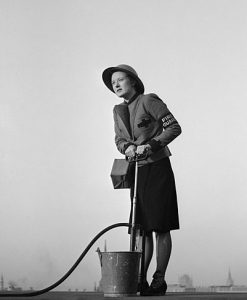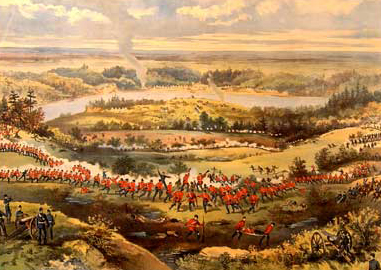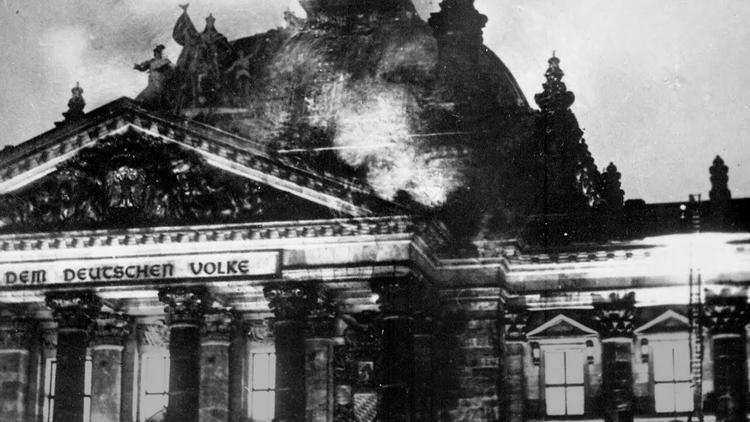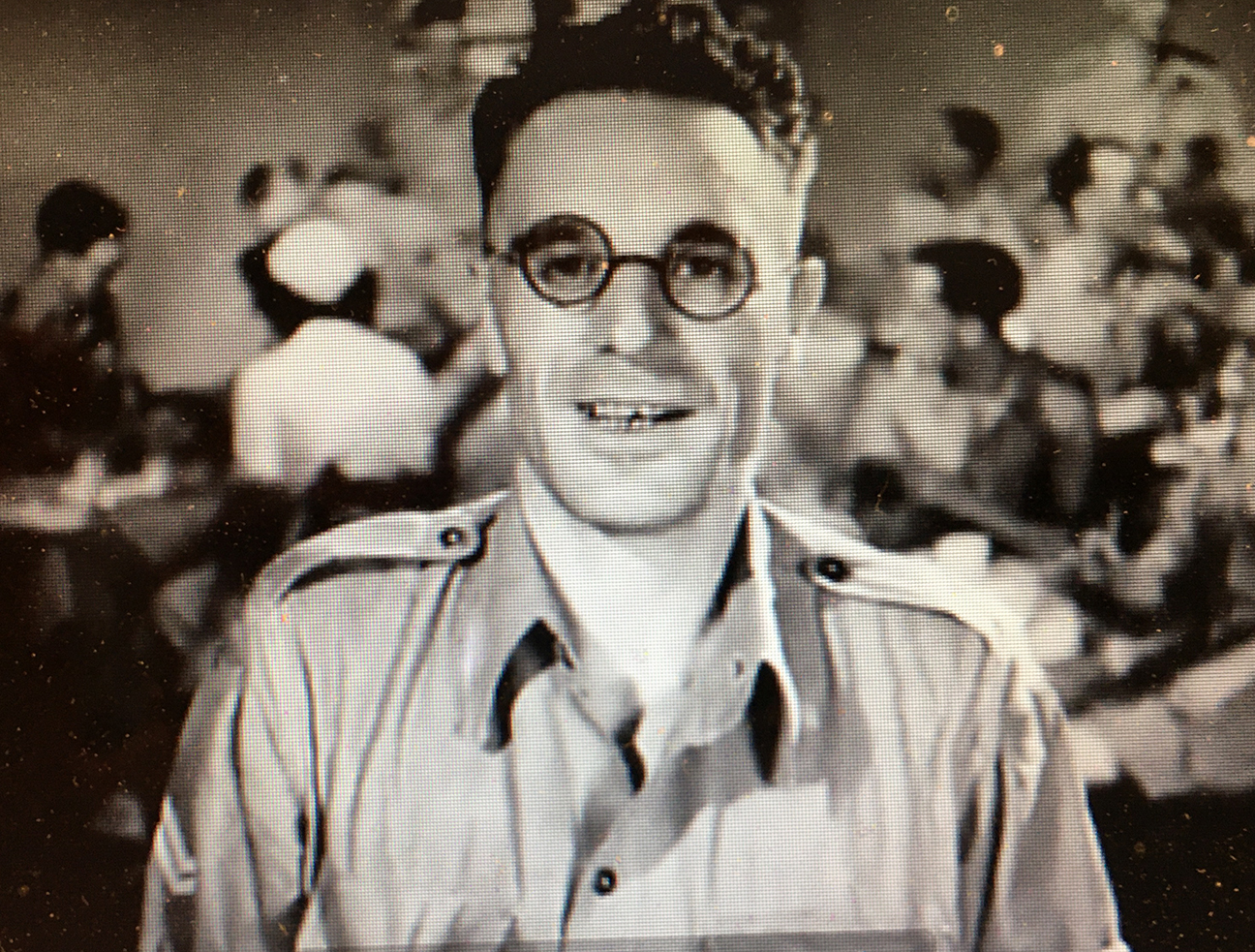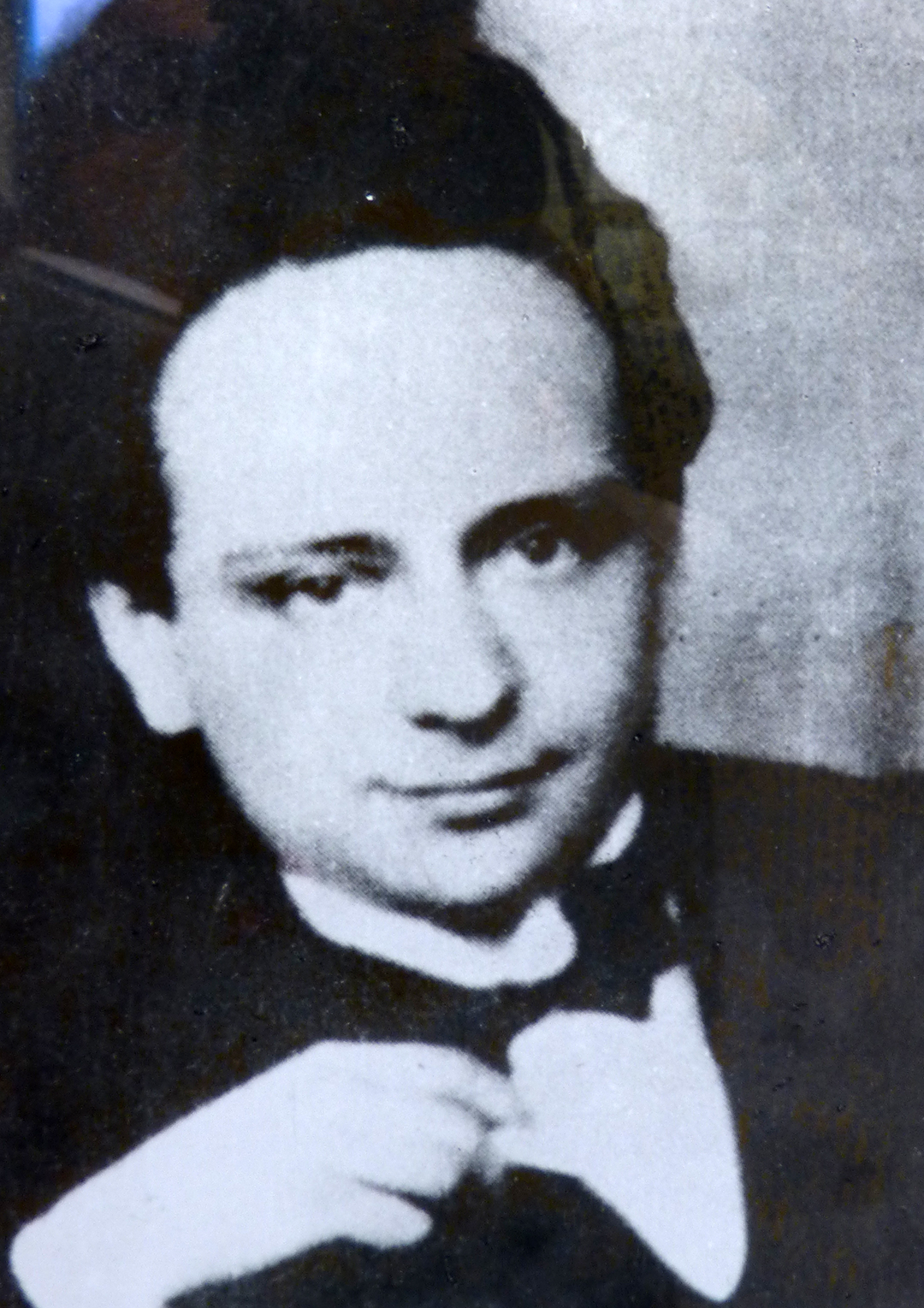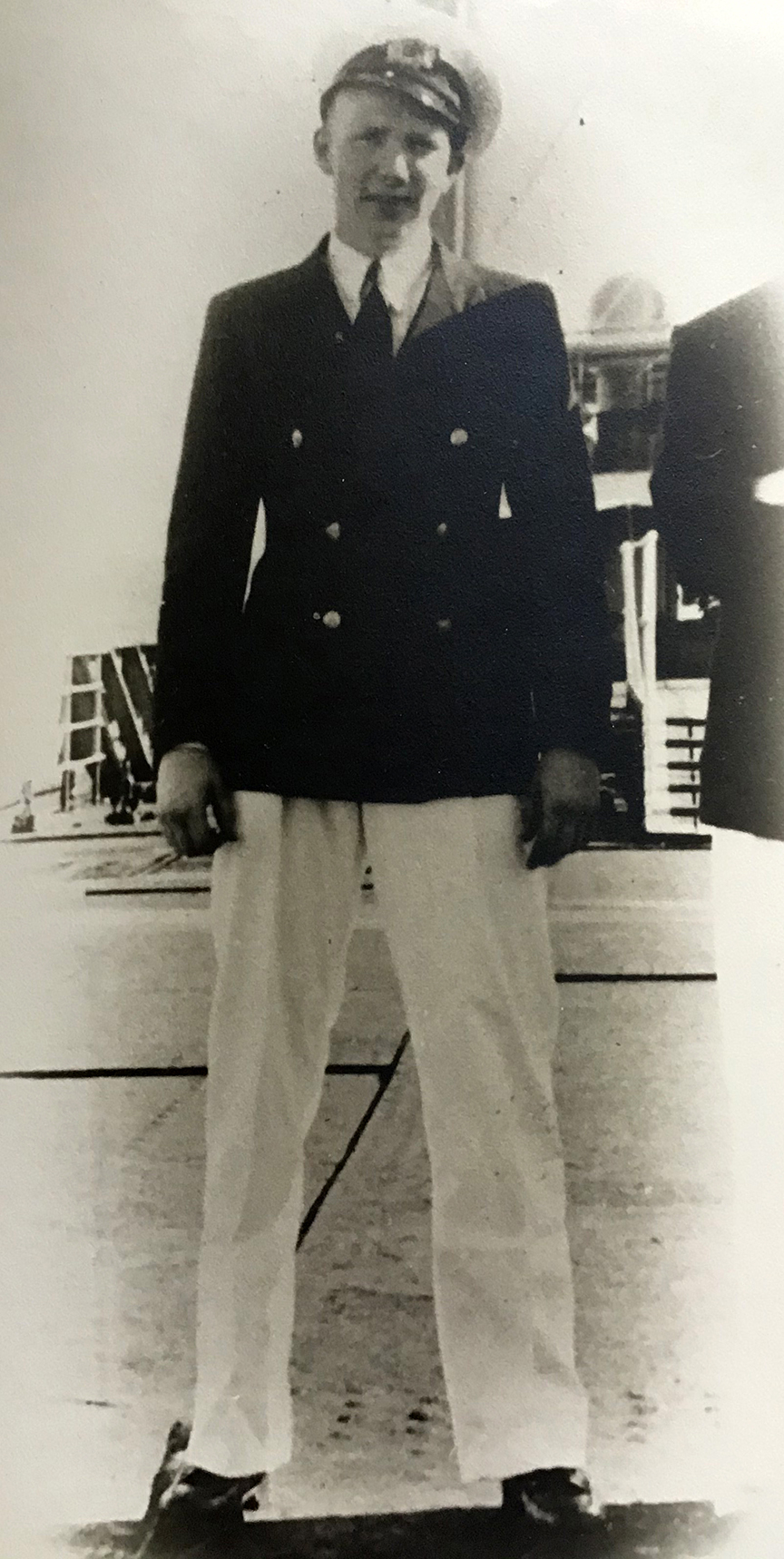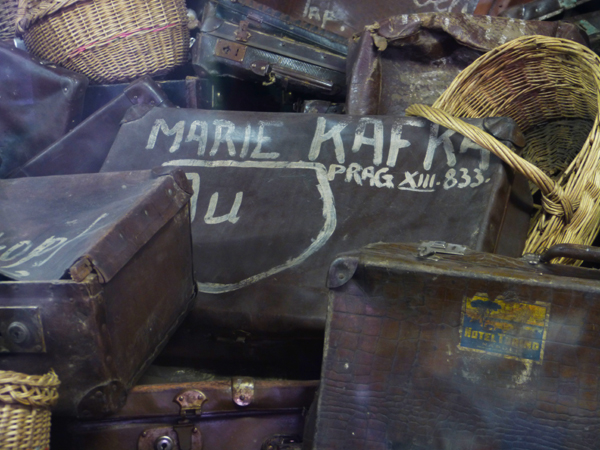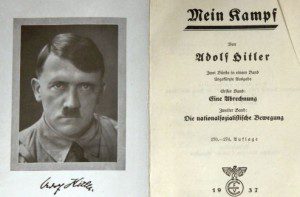
Some say our current troubles with the U.S. can be traced back to 2016, during the presidential campaign of that year. It happened at a Republican rally in Orlando, Fla., where candidate Donald Trump called out to his supporters:
“Raise your right hand,” and then prodded them to recite, “I do solemnly swear that I … will vote on or before the 12 (of November) for Donald J. Trump for president.”
Candidate Trump didn’t describe it as such, but when critics chastised him for demanding unconditional allegiance to his campaign, that is, invoking a loyalty oath, he responded, “They started screaming at me, ‘Do the swearing!’ I mean, they’re having such a great time. … Honestly, I didn’t know it was a problem.” (more…)

